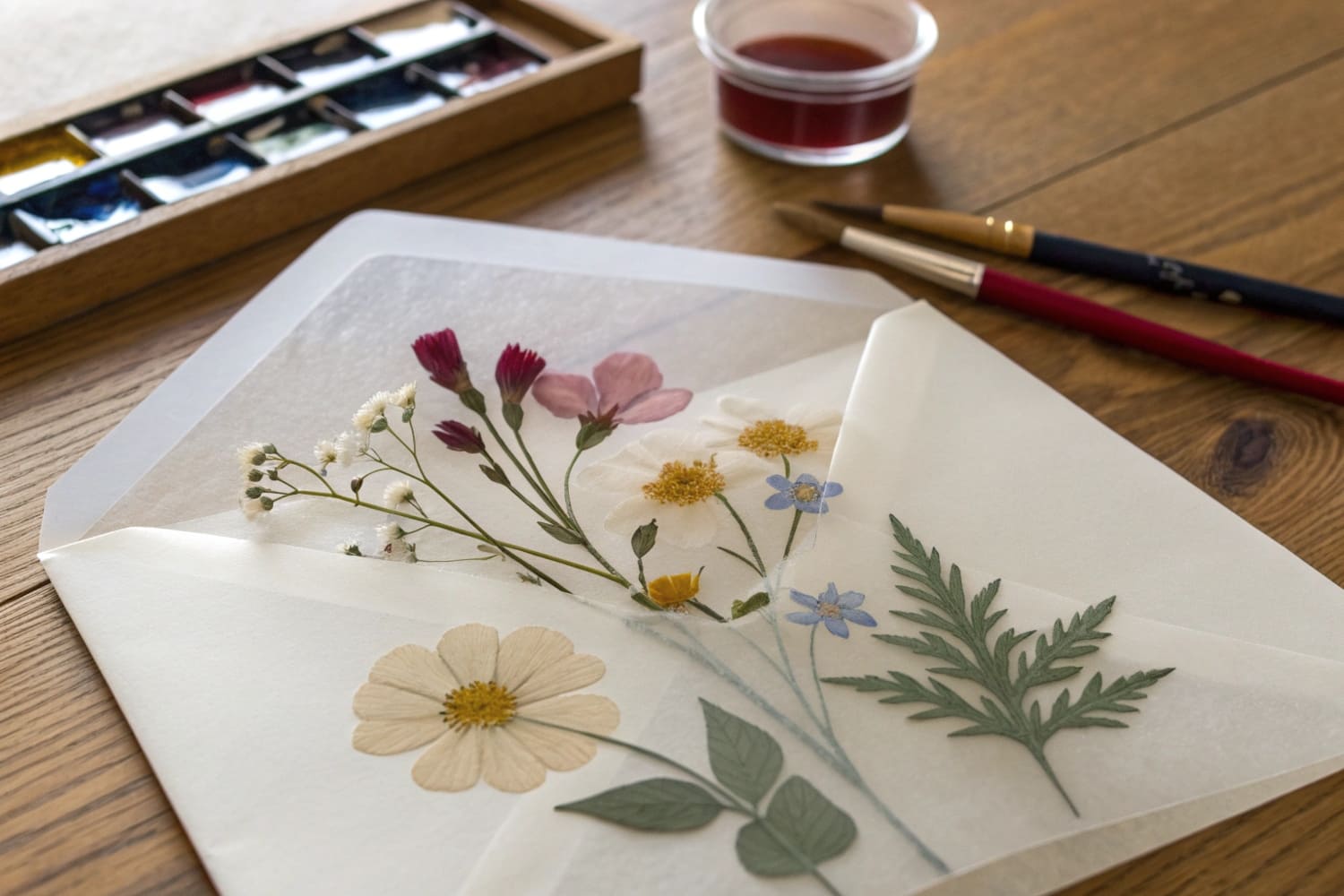I see more brands ask for clean packaging. I also see stricter rules on plastic. So I look for simple, safe paper options. Glassine is one I use often.
Glassine is a smooth, translucent, grease-resistant paper made from pure cellulose. It is super-calendered for a tight surface, contains no wax or plastic, is pH-neutral, and is recyclable, compostable, and biodegradable.
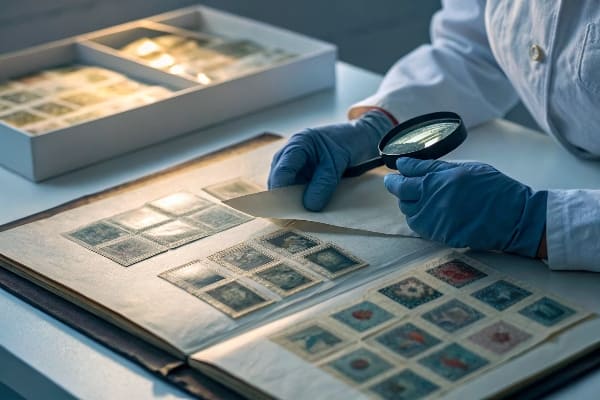
I want buyers to get a quick answer. Then I explain the details. If you work in retail, displays, or print, this guide helps you choose well.
Is glassine the same as wax paper?
Some people use the two names. I used to do that too. Then I ran tests in my factory and learned the real gap. It changed how I pack samples.
No. Glassine has no wax and is recyclable; wax paper has a wax coating that blocks recyclability. Glassine resists grease yet breathes slightly; wax paper blocks grease more and can melt with heat.
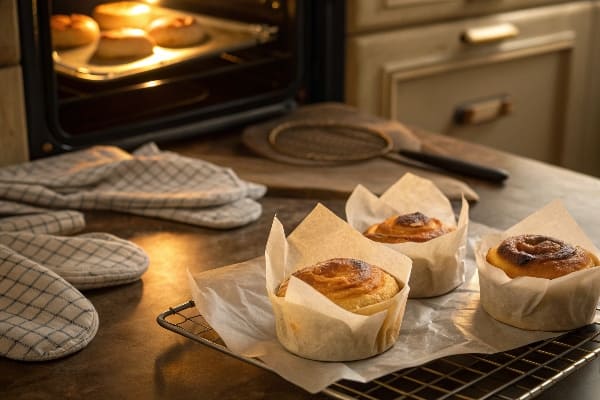
How they are made
Glassine1 comes from refined cellulose fibers. We run the web through high pressure rollers. We call this super-calendering. The fibers align. The sheet gets dense and smooth. There is no wax, film, or plastic layer. Wax paper starts as regular paper. Then it gets a paraffin or soy wax coating. The coating fills pores and adds water and grease barrier. This also makes it hard to recycle.
Property check
| Property | Glassine | Wax Paper2 |
|---|---|---|
| Coating | None | Wax layer |
| Look | Translucent | Opaque to semi-translucent |
| Recyclable | Yes (check local rules) | Often no |
| Compostable | Yes | Sometimes, if wax is natural |
| Heat behavior | Stable to moderate heat | Wax can transfer or melt |
| Grease resistance | Good | Very good |
| Printability | Good with proper ink | Fair; wax can resist ink |
Where each fits
I use glassine to protect printed displays. It does not stick to fresh ink. It also avoids wax marks on matte varnish. I use wax paper only for temporary food wraps in a test line. It blocks grease well, but it can stain cartons and it hurts recycling. For export jobs, buyers ask for "plastic-free." Glassine meets that need. Wax paper often fails audits in big chains.
What is glassine used for?
I like materials that do more than one job. Glassine is one of those tools. It protects, presents, and meets green goals at the same time.
Glassine works as protective interleaving, envelopes, liners, and windows. It protects prints, labels, cosmetics, and food. It also carries seeds, stamps, and small parts. It looks clean and is plastic-free.
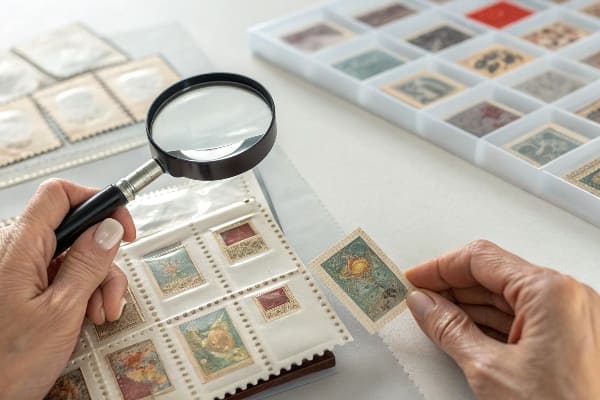
Core use-cases
Interleaving for prints and displays
I place glassine sheets between UV-printed panels and corrugated inserts. It stops rub, scuff, and ink offset. It also limits dust. The smooth surface prevents micro-scratches on soft-touch coatings.
Envelopes and sleeves
Brands use glassine envelopes3 for manuals, decals, and small hardware kits. The translucent look lets a user see the content without opening. This reduces returns and shortens assembly time in stores.
Food, beauty, and fashion
For dry or low-moisture items, glassine wraps feel premium and clean. Lip balms, soap bars, and accessories sit well in it. The paper resists grease from balms and oils. It still lets air flow a bit, so it reduces trapped odor.
Windows and labels
I fit glassine as a tear-resistant window on some carton headers. It is not as clear as plastic film, but it gives a soft matte view. Some brands prefer that understated look.
Quick mapping
| Use | Why it works | Notes |
|---|---|---|
| Print interleave | Anti-scuff, anti-offset | Great for fresh varnish |
| Sample kits | Clean, translucent | Premium unboxing feel |
| Seed/stamp bags | Neutral pH | Archives prefer it |
| Food wraps | Grease resistance | Dry items do best |
| Retail windows | Plastic-free view | Softer clarity |
I adopt glassine in most sample shipments now. My damage rate dropped. My waste also dropped, since buyers can recycle it with paper.
Is glassine better than plastic?
I do not answer this with a simple yes. I choose by job. My team runs tests. We compare barrier needs, clarity, and end-of-life rules in each market.
Glassine is better for plastic-free goals, paper recycling, and premium feel; plastic is better for strong moisture and oxygen barriers or crystal-clear windows. I choose based on product, shelf life, and compliance.
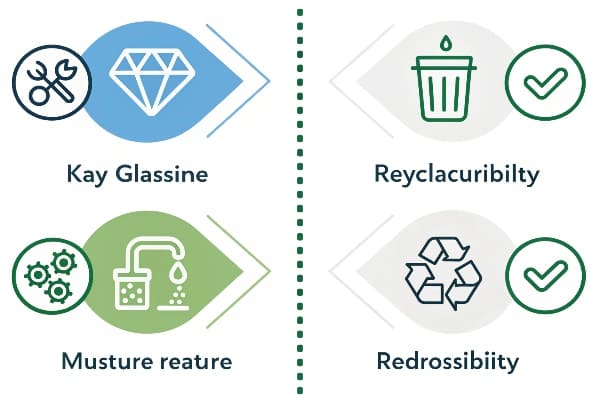
Decision framework
Environmental fit
Glassine4 is paper. It is recyclable and compostable in many places. It helps with brand claims on sustainability. Plastic can be recyclable too, yet rules vary. Some retail chains now score suppliers on plastic use. Glassine helps me hit those scores.
Performance fit
Plastic films5 beat glassine in moisture and oxygen barrier. If I pack wet wipes or long-shelf snacks, I still need film laminates or foils. For dry display parts, brochures, or cosmetics boxes, glassine is enough and safer for finishes.
Aesthetic fit
Glassine looks warm and soft. Plastic looks clear and glossy. I use glassine when the brand speaks "natural," "calm," or "heritage." I use plastic when the client wants crystal clarity or hang hooks with heavy weight.
Side-by-side
| Criterion | Glassine | Plastic Film |
|---|---|---|
| End-of-life | Paper recycling, compostable | Often recyclable; varies |
| Barrier | Moderate grease; low MVTR | Strong moisture/oxygen |
| Clarity | Translucent | Clear |
| Surface feel | Smooth, matte | Slick, glossy |
| Print/label | Takes stamps, pencil | Takes labels, high clarity inks |
| Cost | Competitive for sheets/envelopes | Varies; strong for mass film |
In my projects, I move many accessory wraps from plastic to glassine. I keep plastic where barrier is critical or shipping is damp. This mix cuts plastic weight and keeps product quality.
What is an example of a glassine?
People like concrete examples. I show them one simple pack set that saves time and looks neat.
A common example is a translucent glassine envelope that holds spare parts, decals, and manuals in a retail display kit, replacing plastic polybags while keeping everything visible and clean.
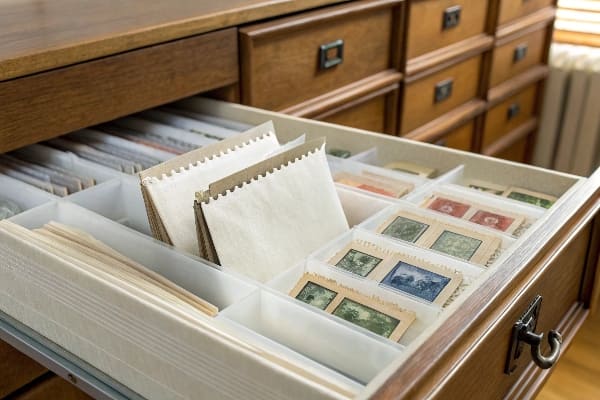
My standard kit
What I include
I ship a floor POP display6 with printed panels, hardware, and instructions. I pack screws, Allen keys, and labels in a glassine7 envelope. I print the part list on the envelope. Store staff can see the contents at once.
Why it works
Glassine does not scratch inked surfaces. It resists light oil from metal parts. It also avoids the crinkle noise that some stores hate on the floor. It tears cleanly without tools. If a chain asks for plastic-free secondary packaging, this passes.
Results I saw
| Metric | Before (polybag) | After (glassine) |
|---|---|---|
| Missing-parts calls | Higher | Lower |
| Setup time in store | Longer | Shorter |
| Damage on panels | More scuff | Less scuff |
| Recycling bin fit | Film bin needed | Paper bin only |
I now offer this as a default. Buyers in the US, Canada, the UK, and Australia accept it fast. It fits their brand story and it helps their audits. It also makes my shipments look calm and organized.
Conclusion
Glassine is simple, clean, and useful. I pick it for protection, for look, and for plastic-free goals. I switch only when barrier needs are high.
Explore the advantages of Glassine for packaging, including its recyclability and printability, making it an eco-friendly choice. ↩
Learn about the challenges Wax Paper poses to recycling and its environmental impact, crucial for sustainable practices. ↩
Explore the advantages of glassine envelopes for packaging, including their translucent design and reduced return rates. ↩
Explore the advantages of Glassine for sustainable packaging solutions and its impact on brand sustainability. ↩
Learn about the performance differences between plastic films and glassine to make informed packaging choices. ↩
Learn how to maximize the impact of floor POP displays in retail settings to boost visibility and sales. ↩
Explore the advantages of glassine packaging, including its protective qualities and eco-friendliness, to enhance your packaging strategy. ↩

